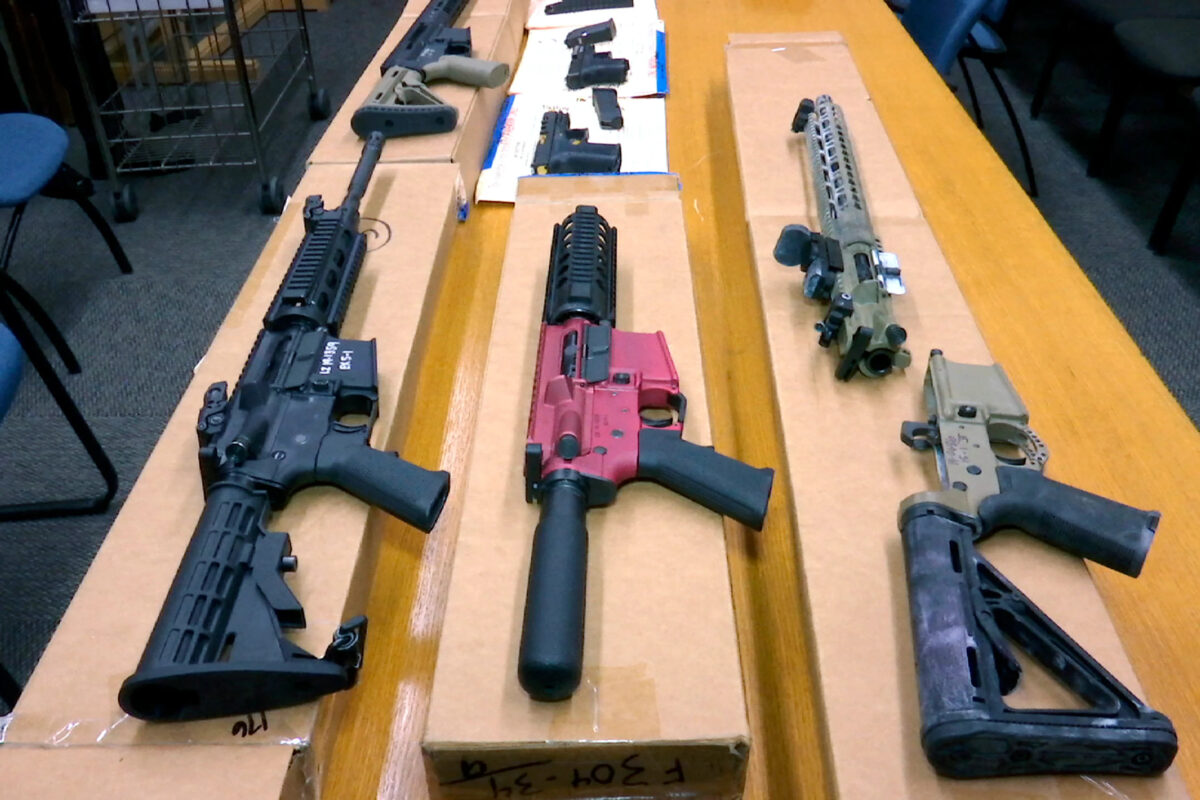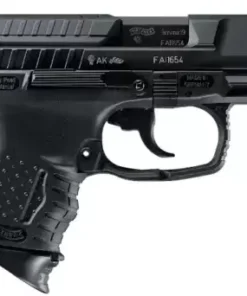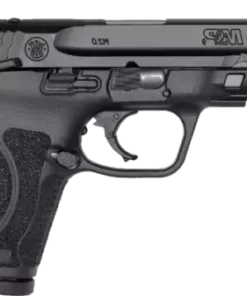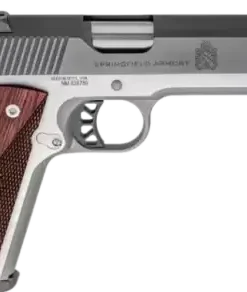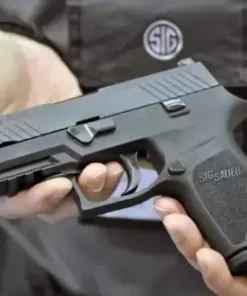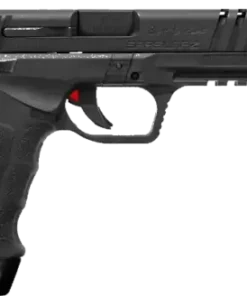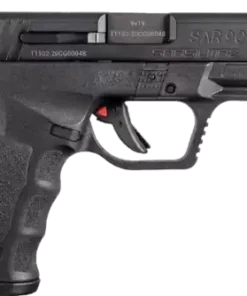Subtotal: $319.99
Uncategorized
Ghost Guns in Texas: An In-Depth Overview
Ghost guns have become a significant topic of discussion in Texas and across the United States. These firearms, often assembled from kits or 3D-printed components, typically lack serial numbers, making them harder to trace. This guide will explore the definition of ghost guns, their legal status in Texas, the implications of ownership, and safety considerations.
What Are Ghost Guns?
Key Characteristics of Ghost Guns
- No Serial Numbers: Ghost guns are usually untraceable due to the absence of serial numbers, which are required for commercially manufactured firearms.
- DIY Assembly: Many ghost guns are assembled by individuals at home, often using kits that can be purchased online.
- Variety of Designs: Ghost guns can range from simple single-shot firearms to complex multi-shot designs, depending on the builder’s skills and resources.
Ghost Gun for Sale refer to firearms that are either homemade or assembled from parts, often without serial numbers. These guns can be built using kits that include all necessary components or 3D printable gun parts. The lack of serialization makes it challenging for law enforcement to track these firearms, raising concerns about their potential use in illegal activities.
Legal Status of Ghost Guns in Texas
1. Current Regulations
As of now, Texas law does not specifically prohibit the manufacture or possession of ghost guns. Individuals can legally build firearms for personal use, provided they comply with federal regulations. However, the legal landscape is continually evolving due to growing concerns over gun violence and regulation.
2. Federal Regulations
Under federal law, individuals can manufacture firearms for personal use without a license, but they cannot sell or distribute them without proper licensing. The Bureau of Alcohol, Tobacco, Firearms and Explosives (ATF) has indicated that certain ghost gun kits may be regulated as firearms if they include components that can readily be assembled into a functional gun.
3. Proposed Legislation
In response to the rising popularity of ghost guns, Texas lawmakers have proposed various bills aimed at regulating their manufacture and sale. These proposals often focus on requiring serialization and background checks for ghost gun kits, mirroring efforts seen in other states.
Implications of Ghost Gun Ownership in Texas
1. Accessibility
Ghost guns provide an avenue for individuals to obtain firearms without going through traditional channels, which may raise concerns about accessibility for those who may not pass standard background checks.
2. Law Enforcement Challenges
The untraceable nature of ghost guns poses significant challenges for law enforcement agencies. The inability to trace these firearms can hinder investigations into crimes involving firearms.
3. Public Safety Concerns
The rise of ghost guns has led to public safety concerns, particularly regarding their potential use in criminal activities. Advocacy groups argue that increased regulation is necessary to mitigate these risks.
Safety Considerations
If you are considering building or owning a ghost gun in Texas, it’s essential to prioritize safety:
- Education: Familiarize yourself with firearm safety protocols and proper assembly techniques. Understanding how to safely handle and maintain your firearm is crucial.
- Quality Components: Use high-quality parts and materials to ensure the reliability and safety of your ghost gun.
- Secure Storage: Store your ghost gun safely and securely to prevent unauthorized access, particularly if there are children in your home.
Conclusion
Ghost guns in Texas represent a complex intersection of innovation, regulation, and public safety. While the current legal framework allows individuals to build and own ghost guns, ongoing discussions about regulation and safety are shaping the future of these firearms.
As technology evolves and public sentiment shifts, it’s essential for gun owners and enthusiasts to stay informed about the legal landscape surrounding ghost guns. Understanding the implications of ownership and prioritizing safety can help ensure responsible firearm practices in Texas and beyond.

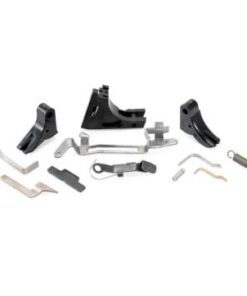 P80 9mm Frame Parts Kit W/ Complete Trigger Assembly
P80 9mm Frame Parts Kit W/ Complete Trigger Assembly 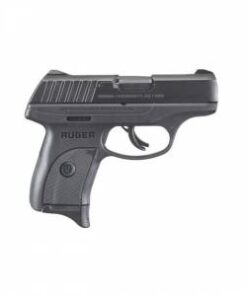 Ruger Ec9s Black 9mm 3.12-inch Barrel 7 Rounds With Manual Safety
Ruger Ec9s Black 9mm 3.12-inch Barrel 7 Rounds With Manual Safety 